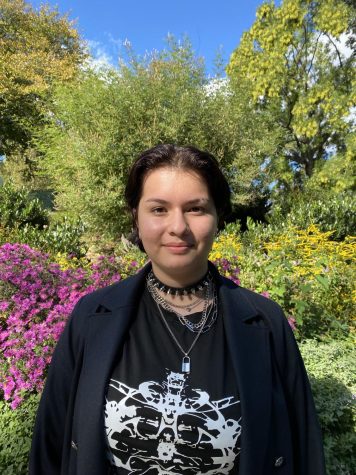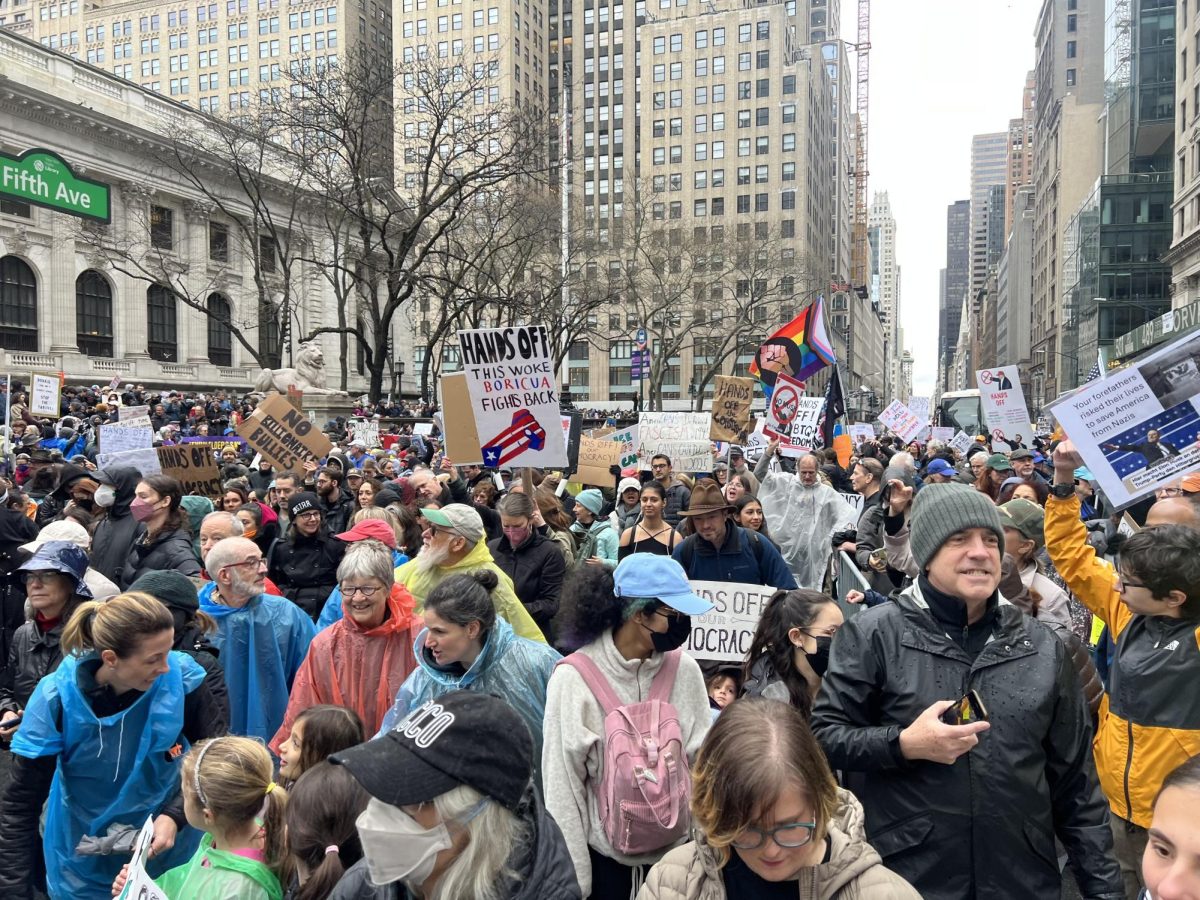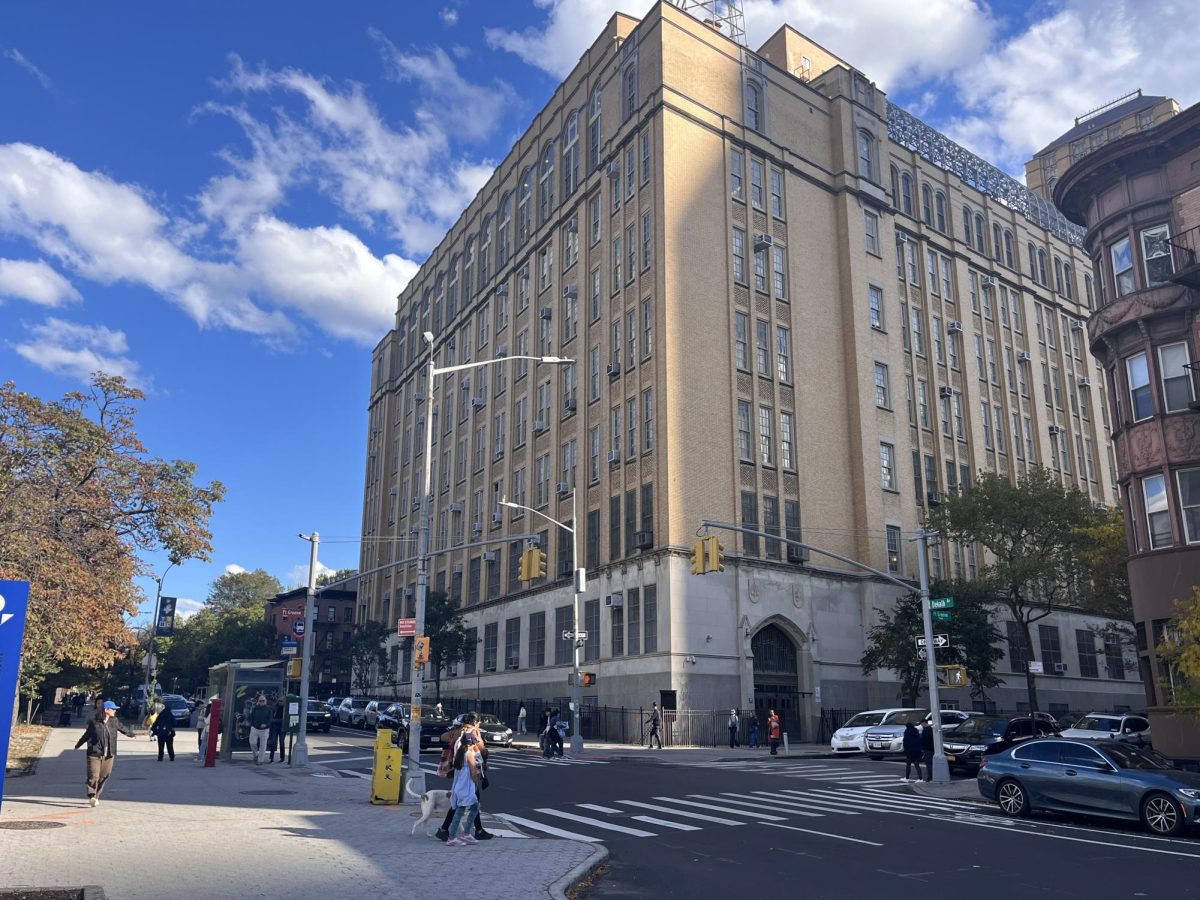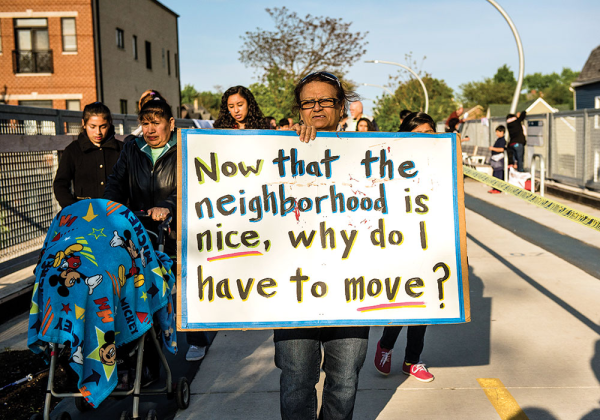How Tech Addresses Sexual Assault
Sexual harassment and assault have always been prevalent in our society, but for the longest time, accusations were largely ignored. Recently, American youth have begun to advocate for more responsiveness to sexual harassment and assault claims in American schools and workplaces.
Tech has seen its own share of sexual assault accusations. In the spring of 2020, some students began to share their stories of sexual assault on Instagram in hopes of raising awareness among the Tech student body. While the stories gained attention, some students refused to report their assaults to the school due to stigma surrounding sexual assault and fear of repercussion from the school and their parents. The following year, more stories of sexual assault surfaced online, with allegations including unwanted sexual advances and even rape. These stories have caused controversy and debate within the Brooklyn Tech community.
In our society, there is considerable stigma surrounding sexual assault, which deters people from coming forward with their stories. Victims may also be more reluctant to speak out as they might feel ashamed or fear negative attention. Misconceptions can also get in the way of recognizing abuse. Sexual assault is defined as any unwanted sexual behavior, with severity ranging from groping to rape, but false assumptions cause some people to believe mistakenly that sexual assault can only include penetration, that boys and men cannot be assaulted, that girls and women cannot be predators, or that it is not assault if the victim and perpetrator are in a relationship. Likewise, abuse involving non-binary people is often ignored.
The public often hears news stories of teacher-on-student sexual misconduct, but student-on-student assault is much more common. According to an analysis of federal crime data, for every adult-on-child sexual assault, there were seven such assaults by students.
To combat this issue, Tech, along with any other school, should heed the advice of Cindy Long, a reporter for the National Education Association, who suggests “Schools must take the initiative to eliminate sexual harassment and assault, first by acknowledging that these problems exist and then by tackling the problem in curriculum, policy, and the very fabric of school culture and community.”
Schools, including Brooklyn Tech, must implement lessons on sexual consent and explore the topic in more depth. The one-hour lesson on consent in advisory class is not enough to fully educate students on the issue.
Tech can also follow the example of Fairfax County Public Schools in Virginia, which updated their family life education curriculum to include lessons on sexual consent that dive deeper into lessons on sexual assault. Students must be taught about consent, not just in terms of sexual conduct, as early as preschool. Children, just as older people, are social creatures; they want to demonstrate affection towards one another, but they must be taught that they can only do so if both parties agree to it.
Schools should be exploring consent as it relates to sexual misconduct starting in middle school. This is the age where adolescents begin to get curious about the topics of sexuality, and instead of leaving them to learn about these topics from the internet, we must explain it to them properly in a classroom setting.
Stigma around sexual assault stems in part from ignorance on the subject. In high school, workshops should be implemented to further explore consent and its role in preventing sexual assaults. Students are often unaware of how to respond if they or their friends have experienced sexual assault. Even if they report their assaulter, more often than not, cases are more complicated than they seem, due to the fact that they touch on legal issues involving minors, privacy laws, and are often reduced to “he said, she said” accounts. The stigma around the issue can also silence victims, but without reporting, perpetrators cannot be held accountable.
Schools should let students know about outside support resources and organizations — such as RAINN, Safe Horizon, the Dating Abuse Hotline – Love is Respect, and The Door — that they can consult anonymously in case they want help but wish for it to be confidential. Students need to know how to respond to assault and harassment if they, or someone they know, ever faces it. They need to know that they are not alone and that they can always talk to someone, be it a peer, a youth organization, or a trusted adult. Trusted adults can include deans, guidance counselors and teachers, however, school staff are all mandated reporters, obliged by law to report any signs of harassment or abuse.
Ms. Germany, who teaches Criminal Law, stated, “The school needs to do a better job of creating an environment where students feel comfortable telling their stories and believe they will be supported by the school. There are a few issues. One, I believe that Tech follows DOE protocols as they relate to issues of this [sexual misconduct] nature. Having said that, I do think there’s a reasonable and necessary conversation to be had about whether those protocols should be revisited and/or changed.” Our school, like other public schools, follows DOE protocols, which may unintentionally cause trouble for the victims instead of helping them. Privacy laws and investigation protocols often prevent victims from knowing about any repercussions to their alleged assaulters. Additionally, parents of both the victim and the assaulter are required to be notified, something many victims want to avoid, resulting in the victim not pressing the issue any further.
Ms. Germany further stated, “The most important issue [with sexual assault reports] is that students do not always feel comfortable telling adults in the school what happened to them.” Ways that this can be done is protected during the reporting process, and guaranteeing that teachers are not utilizing “he said, she said” and “blame the victim” mentalities.
A note to Tech students: do not be afraid of judgment and do not be afraid to speak up. It takes just one voice to start a conversation. It takes just one conversation to make a real change. If you want to see someone held accountable for their actions, do not hesitate to speak up. While it is difficult to recount what happened, it is a step towards healing that can potentially help other victims, as well as hold perpetrators responsible for their actions.
Ms. Martini, Tech’s social worker for Juniors and Seniors, has expressed her support for students who wish to open up and talk about their experiences. “Any type of sexual assault can bring up a lot of difficult feelings and it is important to find a safe and comfortable space to get support. I am here to support any student who would like to talk after an incident like this, or about anything else they might be experiencing. Even if you don’t want to talk now, you can visit and I can provide support or connect students with other resources outside school.”
Ms. Barlow is another social worker at our school who works with Freshmen and Sophomores. Ms. Martini can be found in room 6S7, and Ms. Barlow can be found in room 2S5. Ms. Martini also suggests that students speak with their Guidance Counselors or walk into Teen Choice/Children’s Village, a supportive environment located in BE4.
Furthermore, student voices can be a powerful tool to help support each other. As Ms. Germany noted, “Student speak-outs have been a powerful tool over the years at Tech to raise awareness and share first-hand accounts about a perceived problem at Tech.”
There is nothing more powerful than when students organize and come together to combat a certain issue. Change cannot, and will not happen if you do not use your voice.

Malika Nasriddinova (she/her) is a staff writer for Opinions. Malika believes journalism is important...









































Richard M Capozzi • Jun 9, 2022 at 7:32 pm
Well-written and researched article, Malika. Thanks for reporting on such a timely and important topic.